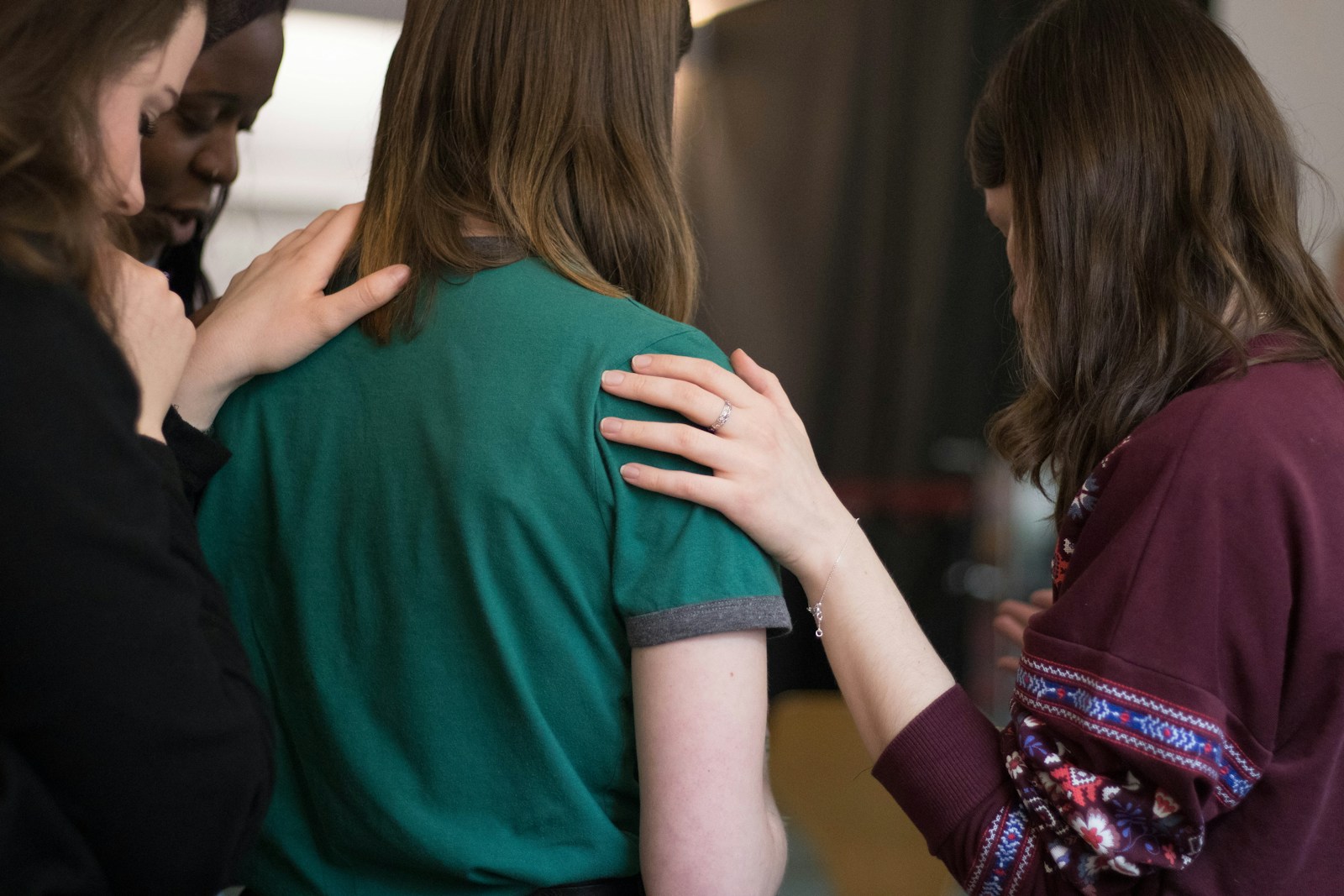| It’s impossible to know with certainty what goes on behind closed doors, but there are some telltale signs of emotional abuse and domestic violence. If you witness these warning signs of abuse in a friend, family member, or co-worker, take them very seriously.
People who are being abused may:
Warning signs of physical abusePeople who are being physically abused may:
Warning signs of isolationPeople who are being isolated by their abuser may:
Psychological warning signs of abusePeople who are being abused may:
Speak up if you suspect domestic violence or abuseIf you suspect that someone you know is being abused, speak up! If you’re hesitating—telling yourself that it’s none of your business, you might be wrong, or that the person might not want to talk about it—keep in mind that expressing your concern will let the person know that you care and may even save their life. Talk to the person in private and let them know that you’re concerned. Point out the signs you’ve noticed that worry you. Tell the person that you’re there for them, whenever they feel ready to talk. Reassure them that you’ll keep whatever is said between the two of you, and let them know that you’ll help in any way you can. Remember, abusers are very good at controlling and manipulating their victims. People who have been emotionally or physically abused are often depressed, drained, scared, ashamed, and confused. They need help getting out of the situation, yet their partner has often isolated them from their family and friends. By picking up on the warning signs and offering support, you can help someone escape an abusive situation and begin healing. Do’s and Don’tsDo:
Don’t:
Helplines and supportHelp for womenIn the U.S. Canada UK Ireland Australia Help for menIn the U.S. and Canada UK Ireland Australia |
Everyone deserves relationships free from domestic violence. |






